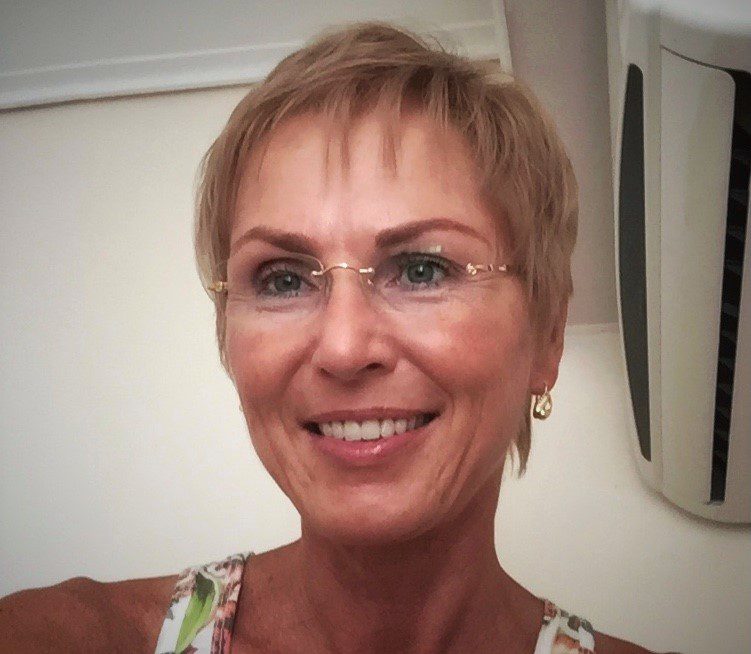Tell us about yourself, your background and what you specialise in?
I studied molecular genetics and was interested in human genetics, errors in the genetic information that manifests in various diseases. For years, my idea of research was working at the lab bench. That changed in the mid-90s when, for the first time, I read a clinical study report. Suddenly, I realised research is much more than a lab and I was intrigued. At the same time, I got an opportunity to join a CRO, and I started working as a monitor. I enjoyed the job, every study, every site, every sponsor was different, I always learned something new. I spent many years in clinical operations working as a monitor, a regional and then a global team lead, a project manager, a training and compliance manager, and a country head in a new location the CRO expanded into. Gradually, I was gravitating to quality assurance and training. Quality outcomes start with clear, logical, and sound procedures, and people trained not only in the technical aspects, but also in ethics, critical thinking, responsibility and accountability, with the aim to create and maintain quality culture. Today, I have my one-person company and do mostly compliance audits of all kinds and, to a less extent, I design and deliver training courses.
What interested you in becoming an instructor at PACE, the Pharmalys Academy of Clinical research Excellence?
My decision to get involved in PACE and donate my time and experience, was a natural outcome of my long-term desire to support capacity building in Africa. Working in Africa was a dream born in my heart almost two decades ago, I do many audits and am involved in numerous activities there. To live my dream is a blessing. In the past and recent history, Africa has been exploited, looked down upon, and neglected. Some individuals from Western countries may still hold the belief that they are the sole experienced, informed, and proficient researchers, while their African counterparts are merely observers expected to learn from them. However, this is far from the truth. Both have much to gain from each other’s knowledge and experiences. For instance, the development of the first malaria vaccine owes a great deal to the commitment and determination of African researchers. It’s worth noting that malaria is no longer confined solely to Africa. Doing good research in a resource-limited environment needs strong researchers, strong in commitment, knowledge, and ability to find ways where many would give up. As an international online training programme, PACE is dedicated to sciences graduates from around the globe, including young Africans, holding a Bachelor or a Master degree in sciences. PACE offers both gaining knowledge and getting hands on the job for those who will carry on the mission when my generation passes the baton.
Which module of PACE are you responsible for? Could you please share some information about its content?
I am responsible for two modules, one related to investigational products and the other to regulatory affairs. One day, PACE students may work in research centres, CROs, or at pharmaceutical / biotechnology companies. Depending on the organisation, they will see either a smaller or larger part of the drug life cycle. For example, CRO employees see the investigational product only when it is released for use in a study, however there are several other elements that happen before this. For example, what does it mean for the product to be manufactured in compliance with current Good Manufacturing Practices (cGMPs)? Where do cGMPs come from? What is the purpose? Similarly, regulatory affairs activities include much more than obtaining study approvals from regulatory authorities. Moreover, regulations are diverse, which matters a lot if we are to stay compliant. These are things we talk about in my courses.
Why is this module important for PACE learners?
As I alluded to in my previous answer, the scope of activities and the breadth of the picture PACE students may be exposed to will be driven by the type of organisation they will work in. Seeing the bigger picture may help when making decisions about job opportunities and their own contributions to research.
What three words best describe PACE for you?
The sky is the limit. OK, these are five words but let’s not count the definite articles.
Kamila Novak, Business Consultant and Trainer
2024

